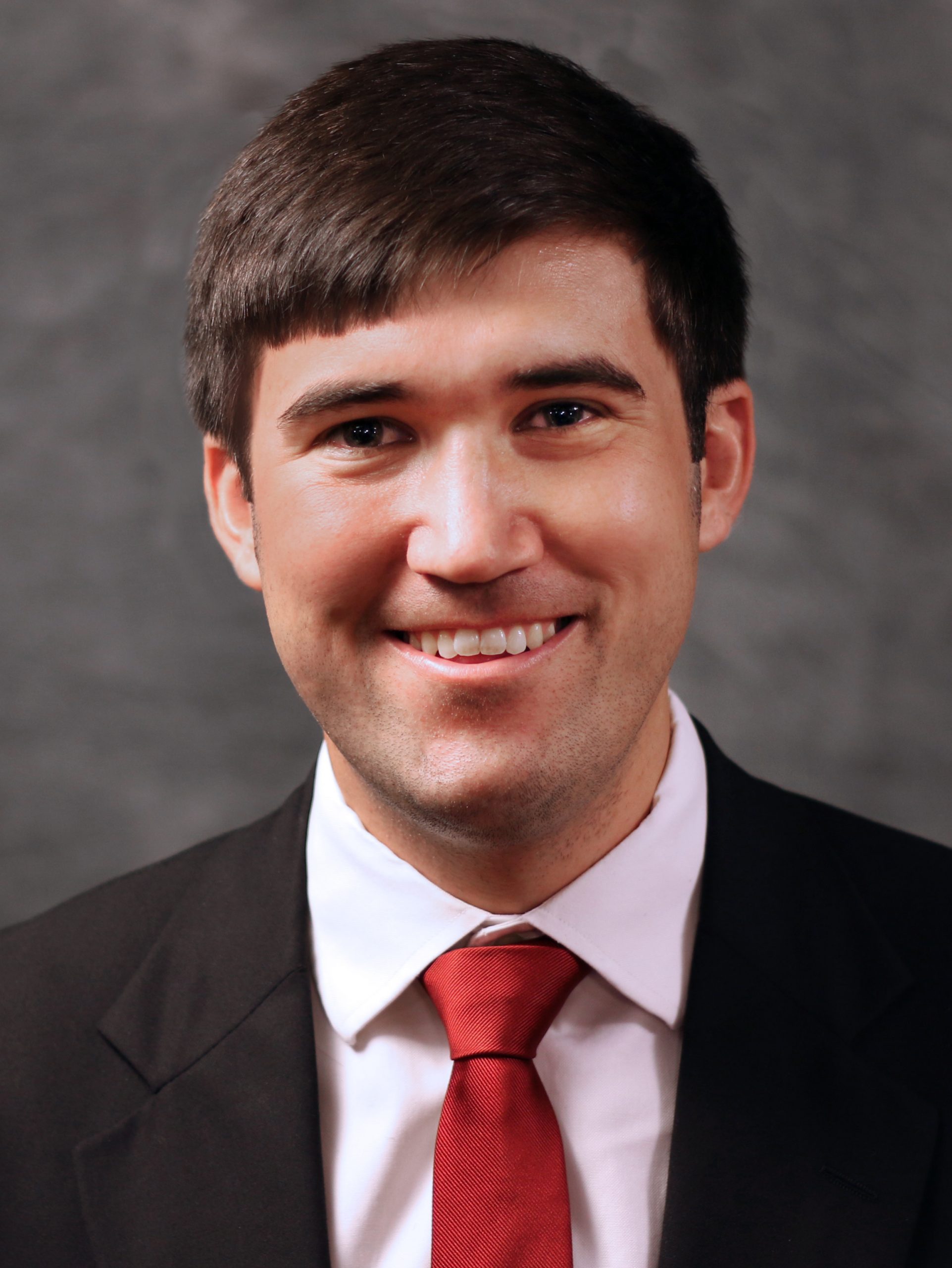Washington University Faculty Oppose Public Dollars for Stadium; Planners Promise Brew Pub
As we have mentioned many times before, economists are virtually unanimous in their agreement that publicly funded sports stadiums are bad investments for cities. They do not generate additional economic growth, promote urban revitalization, or result in increased tax collections. This broad consensus is being reiterated by the faculty of Washington University in Saint Louis.
Last week, Student Life, a WashU college paper, published a story about the Rams stadium. For the story, the author interviewed five WashU faculty from different disciplines. The faculty spoke nearly unanimously against using public money to fund the stadium. Here are some of the faculty’s comments, as reported in the article, the Longest Con:
“It’s really hard to see this as overall a good idea. It’s going to be very expensive…That’s not a very good way to spend government money.”—Glenn MacDonald, an economics professor in the Olin Business School
“We’ve known since the mid-’70s that sports teams don’t bring fast economic benefits, certainly nothing that offsets the kinds of credits they’re getting…Ten times a year, 12 times a year, you get a huge influx of people in, [but] that’s it.”—Sunita Parikh, an associate professor of political science
“What it does is it destroys the area so it vanquishes the blight that it identifies by just knocking everything down,” and “decimates the existing urban character.”—Michael Allen, a University College coordinator and American culture studies lecturer
“I think it’s pretty clear to anyone that spends any time here…that this town’s civic sporting identity is Cardinals first, second, third, fourth, fifth, down through 10, then Blues probably and then Rams. So they’re already the low man on the totem pole… I think it’s kind of silly that some people in cities feel like they need to measure their city by how many teams from the Big 4 leagues they have”—Noah Cohan, a recent Ph.D. and adjunct instructor in English who studies the relation of sports fandom to identity and politics,
The only WashU faculty member interviewed who supported the stadium plan, Rich Ryffel (senior lecturer of finance in the business school who helped finance the Edward Jones Dome), admitted a stadium was “not a good public investment. In other words, if the public puts in a dollar, they’re not going to get a dollar out of it.”
In other news, stadium proponents are touting the final initial design (which I guess is kind of like jumbo shrimp?) of a planned stadium. It will even have a new brew pub. Will policymakers heed the advice of experts or opt for beer and circuses?


